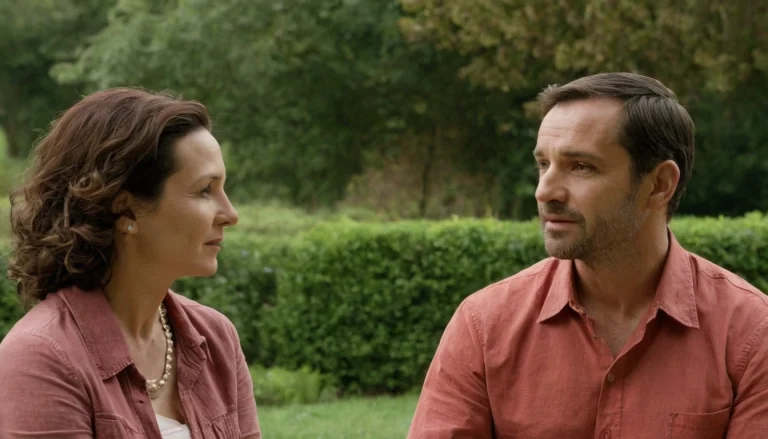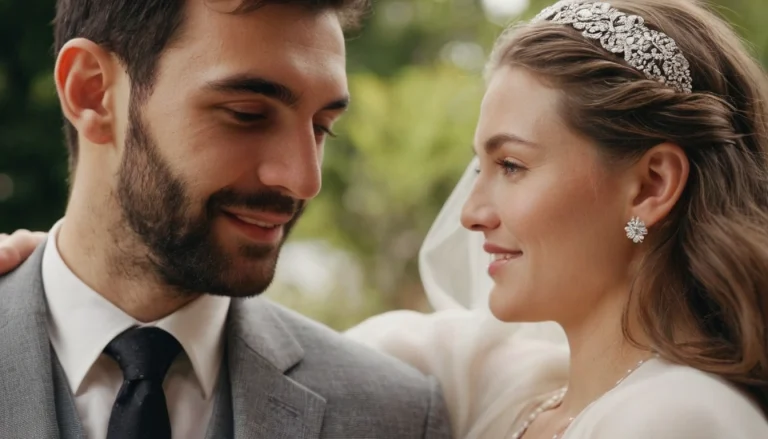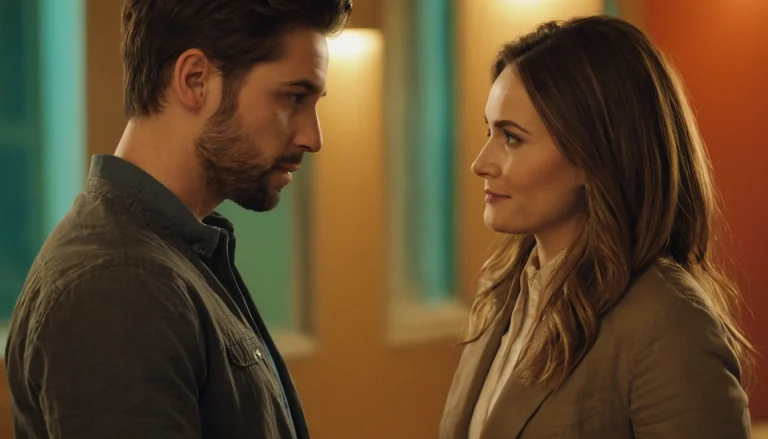Emotional Distance: How to Reconnect When You Feel Like Strangers
There was a time when you and your partner could talk for hours, share your thoughts effortlessly, and feel completely in sync. But now, the silence between you feels heavier. Conversations are short, interactions feel mechanical, and even in the same room, you feel miles apart. Emotional distance can creep into any relationship, and when it does, it can be unsettling.
If you’re wondering whether your partner is withdrawing due to something deeper, such as infidelity, our previous article might provide clarity. But if your relationship is simply feeling disconnected, let’s talk about how to bridge the gap.
Why Emotional Distance Happens
Emotional detachment doesn’t happen overnight. It builds gradually, sometimes so subtly that you don’t notice until the bond between you feels frayed. Here are some common reasons why couples drift apart:
1. Life’s Demands Take Over
Work, kids, responsibilities—life has a way of making romance an afterthought. If you and your partner have stopped prioritizing each other, emotional distance can set in.
Example: Anna and Jake had been married for 12 years. Between demanding jobs and raising two kids, they barely had time for meaningful conversations. Their evenings were spent in exhaustion, scrolling through their phones rather than talking. It wasn’t until Anna noticed how distant Jake had become that she realized they had stopped truly seeing each other.
2. Unresolved Conflicts
Lingering resentment, past arguments, and unresolved issues can create an invisible wall between you. Even if you’re not actively fighting, those underlying tensions don’t just disappear.
Example: Mark and Lisa had a disagreement about finances years ago, and though they never officially resolved it, they moved on. Or so they thought. Every time a big purchase came up, tension filled the air. Over time, their conversations became short and impersonal, as if avoiding deeper discussions could prevent another argument.
3. Lack of Vulnerability
When was the last time you had a deep conversation with your partner? Emotional closeness requires sharing—not just schedules and daily tasks, but fears, dreams, and feelings. If either of you has stopped opening up, distance grows.
4. Routine Replaces Romance
When relationships fall into predictable routines without effort or excitement, partners can begin to feel more like roommates than lovers.
Example: Samantha and Rob had fallen into a rhythm—wake up, go to work, eat dinner, watch TV, sleep. Every day looked the same. The excitement of their early years had faded, and they rarely did anything spontaneous. It wasn’t until Samantha suggested a last-minute weekend trip that they realized how much they had been missing adventure in their relationship.
5. One or Both of You Are Emotionally Exhausted
Stress, depression, burnout—sometimes, emotional distance isn’t about the relationship itself, but about personal struggles that make it hard to connect.
How to Reconnect When You Feel Like Strangers
The good news? Emotional distance doesn’t have to be permanent. Here’s how you can start bridging the gap.
1. Acknowledge the Distance—Together
Pretending everything is fine won’t fix it. Sit down with your partner and gently express what you’ve been feeling. Avoid blame and use “I” statements: “I feel like we haven’t been as close lately. I miss how we used to talk.” This opens the door for honest conversation.
2. Bring Back Small Moments of Connection
Rebuilding closeness doesn’t always require grand gestures. Sometimes, it’s about the little things:
- A lingering hug before leaving for work.
- Sending a thoughtful message during the day.
- Sitting together in silence without distractions.
Example: After feeling disconnected for months, Daniel decided to do something small but meaningful. He started leaving little notes in his wife’s bag before work. At first, she simply smiled, but over time, she started responding with her own notes. This tiny act rekindled their warmth and helped them feel emotionally closer again.
3. Prioritize Intentional Time Together
Make time for each other—real time, not just watching TV side by side. Plan date nights, take a weekend trip, or even just cook a meal together. The key is being present, not just physically but emotionally.
4. Have a Real Conversation
Skip the surface-level chatter. Instead of “How was your day?” try:
- “What’s been on your mind lately?”
- “What’s something you’ve been excited about?”
- “What’s one thing you wish I understood better about you?”
Opening up fosters deeper intimacy and reminds you why you fell in love in the first place.
5. Address Underlying Issues
If emotional distance has come from unresolved problems, they need to be faced. Avoiding difficult conversations only makes the gap wider. If certain conflicts keep resurfacing, consider couples therapy to navigate them with guidance.
6. Bring Back Affection
Physical touch—holding hands, cuddling, small gestures of affection—can be a powerful way to reconnect emotionally. Even if it feels unnatural at first, initiating physical closeness can reignite emotional intimacy.
7. Practice Gratitude
Instead of focusing on what’s missing, remind yourself of what’s still there. Express appreciation for your partner, whether it’s for something small they did or simply for who they are.
When to Seek Help
If emotional distance persists despite your efforts, it might be helpful to seek professional guidance. A relationship coach or therapist can provide new perspectives and strategies to rebuild your connection.
Remember, emotional distance doesn’t mean the end—it’s a sign that your relationship needs attention. And with mutual effort, you can find your way back to each other.
One of the most heartbreaking feelings is realizing the person you once felt closest to now feels like a stranger. Emotional distance can stem from unresolved conflicts, lack of communication, or even personal struggles that were never shared. If the root of your disconnect is a deeper betrayal, such as infidelity, you may find Infidelity and Healing: Can a Relationship Survive Betrayal? helpful in understanding how to process that pain.
Sometimes, emotional distance is a sign that the relationship has reached a crossroads. If you’re wondering whether to hold on or let go, When Love Feels Like a Dead End: Should You Stay or Leave? provides insight into making that choice with clarity.







